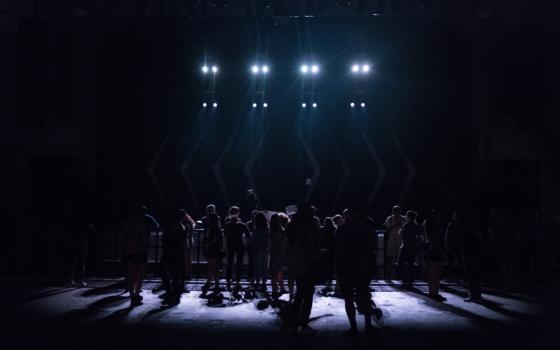There is a big difference between what we might want and what we actually need.
Recognising this distinction is key to everything, from household budgeting to making moral judgments about what to buy. Some parts of our economy, such as travel and hospitality, have been hit especially hard by Covid-19. Some developing countries, especially in Africa, appear to have had greater resilience. Is our comparative fragility because of the way we live and the things we prioritise? Would our economy fare better if it wasn’t so luxury driven?
The philosopher and Nobel laureate Bertrand Russell said: “Most people would rather die than think, and most people do.” So I want to help us to think about this basic problem of needs versus wants in case not thinking about it may be what is killing us.
A need is something that is essential for survival. For example, we must consume clean air, water and wholesome food to survive — all products of our environment. Perhaps it then becomes the basic role of governments to ensure that these basic needs are met for every citizen; something that even in rich countries we fail to do.
Subsidiary needs are healthcare, security, shelter and the capacity to participate in society, such as through informed social interaction. Finally, perhaps the greatest need of all is the capacity to understand that these really are our true needs, and this comes through education.
Knowing where our needs end and where desires start is something many people get wrong. We can have an inverted view of importance both in everyday decision-making and when we enter a polling booth to elect our leaders, who often prioritise our desires to entice us into voting.
Do we really need the flashy car, the foreign holiday or the latest fashions?
Would more of what we spend on those things not be better spent on true needs? Have we built our lives around a form of hedonism that takes the basics for granted and made the quest for luxury into the backbone of the economy? Have we made the acquisition of luxury the proxy for happiness?
Statistics tell us that we have become more hedonistic. In my lifetime the proportion of household income spent on food has more than halved, while the proportion spent on clothing has doubled, as has what we spend on leisure services.
Even when we do buy essentials such as food we make questionable choices. The UK has some of the cheapest food in the world and yet we buy too much sugar and fat. This leads to high levels of non-communicable diseases such as obesity, heart disease and diabetes. We are killing ourselves through lack of thought or misplaced hedonism, and it appears that coronavirus is exploiting this weakness too.
There is sadness about so many deaths from Covid-19 and about the damage to people’s lives because of lost jobs and businesses. This is reflective of a systemic lack of resilience within our people, institutions, businesses and government. We all have some responsibility for putting this right. Making ourselves happy again will not come by recreating a failed system. We must value what we truly need much more than what we might want.
This piece first appeared in The Times on Saturday 14 November 2020.
Article by Professor Sir Ian Boyd FRSE.

